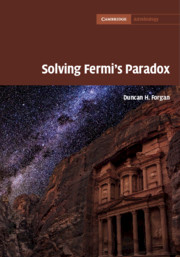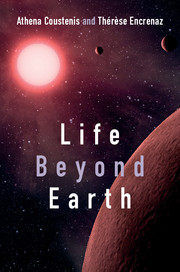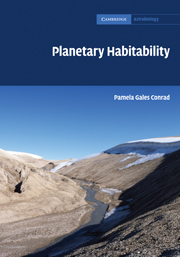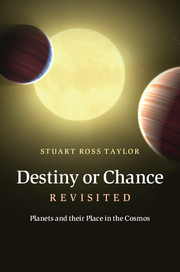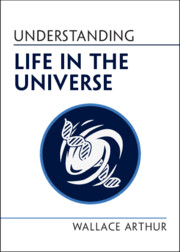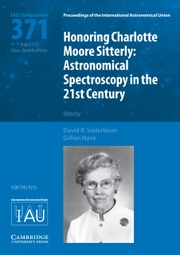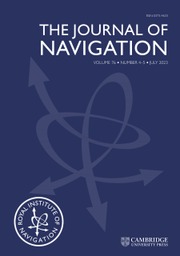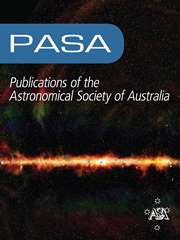Solving Fermi's Paradox
The search for extra-terrestrial intelligence (SETI) has for sixty years attempted to solve Fermi's paradox: if intelligent life is relatively common in the universe, where is everybody? Examining SETI through this lens, this volume summarises current thinking on the prevalence of intelligent life in the universe, and discusses sixty-six distinct solutions to the so-called paradox. It describes the methodology of SETI, and how many disciplines feed into the debate, from physics and biology, to philosophy and anthropology. The presented solutions are organised into three key groups: rare-Earth solutions, suggesting planetary habitability, life and intelligence are uncommon; catastrophist solutions, arguing civilisations do not survive long enough to make contact; and non-empirical solutions, those that take theoretical approaches, such as that our methodology is flawed. This comprehensive introduction to SETI concludes by looking at the future of the field and speculating on humanity's potential fate.
- Lists solutions as well as mathematical formulations for interpreting them where appropriate
- Assimilates sixty years of research for those looking for a concise introduction
- Demonstrates how several distinct disciplines feed into the paradox, making it accessible to a wide audience
Reviews & endorsements
'If intelligent life is common in the Universe, where is everybody? In this comprehensive review, Duncan Forgan presents a range of possible solutions to this question, and in doing so covers a lot of ground on the topic of SETI (the Search for Extraterrestrial Intelligence). From the outset, Forgan recognizes that this topic demands a multi-disciplinary approach that encompasses 'all of human knowledge', and in particular, expertise not only in the 'hard sciences' but also in social sciences and the humanities.' Michael A. Garrett, The Observatory
Product details
May 2019Hardback
9781107163652
426 pages
252 × 178 × 24 mm
1kg
72 b/w illus.
Available
Table of Contents
- Preface
- Part I. Introduction:
- 1. Introducing the paradox
- 2. Fact A – the great silence
- 3. Classifying scenarios and solutions to the paradox
- Part II. Rare Earth Solutions:
- 4. Habitable worlds are rare
- 5. Life is rare
- 6. Intelligence is rare
- Part III. Catastrophist Solutions:
- 7. Doomsday arguments
- 8. Death by impact
- 9. Death by terrestrial disaster
- 10. Death by star
- 11. Death on a galactic scale?
- 12. Death by unsustainable growth
- 13. Death by self-induced environmental change
- 14. Self-destruction at the nanoscale
- 15. Artificial intelligence and the singularity
- 16. War
- 17. Societal collapse
- Part IV. Uncommunicative Solutions:
- 18. Intelligent life is new
- 19. Exploration is imperfect
- 20. Probe exploration is dangerous
- 21. The aliens are quiet
- 22. They live too far away
- 23. The zoo/interdict hypothesis
- 24. The simulation hypothesis
- 25. They are already here
- 26. They were here long ago
- Part V. Conclusions:
- 27. Solving Fermi's paradox
- Appendix A. A database of solutions to Fermi's paradox
- References
- Index.

